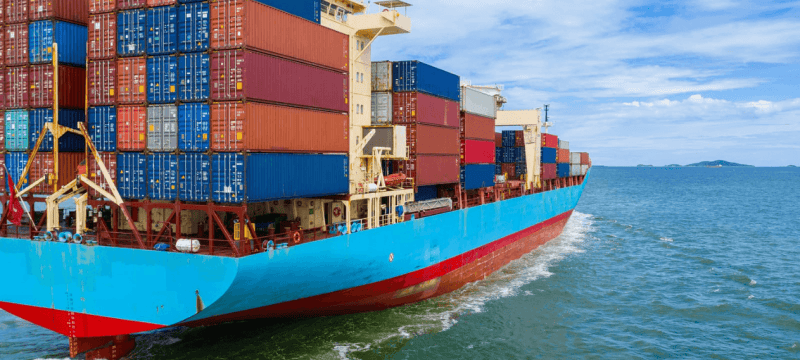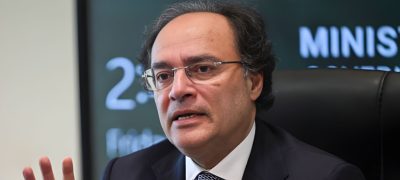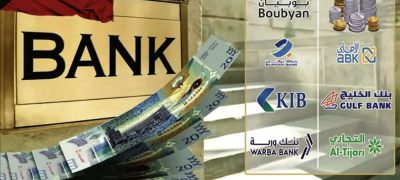In a strategic bid to safeguard the nation’s foreign exchange reserves, the interim government of Pakistan is set to impose substantial regulatory duties on approximately 1,100 luxury and non-essential imported goods. This multifaceted approach is aimed at not only bolstering forex reserves but also addressing vital economic concerns, including competitive energy rates for export-oriented sectors.
Read More: Pakistan Interim Government Launches Aggressive Crackdown on Smuggling and Hoarding
Navigating a Complex Economic Landscape
The move comes at a critical juncture as Pakistan grapples with economic challenges and the need to strengthen its forex reserves. The government is actively working to reinstate regionally competitive rates for gas and electricity, specifically targeting five export-oriented sectors. These revisions are being pursued with the blessing of the International Monetary Fund (IMF), indicating a willingness to collaborate on sustainable economic solutions.
The Scope of Regulatory Oversight
Approximately 1,100 items are slated to face varying degrees of regulatory scrutiny under this ambitious plan. Among the considerations is the adjustment of import rules concerning three-year-old vehicles, spanning both small and luxury categories. Interestingly, many of the items under scrutiny also serve as essential intermediary raw materials for key export sectors, including textiles, chemicals, and footwear.
Shifting Dynamics in Key Commodities
Cooking oil, a staple commodity, will now occupy the position of the second most important item subjected to regulatory tariffs. This measure aims to reduce consumption and, consequently, mitigate foreign exchange losses—a pivotal step in strengthening the nation’s forex reserves.
Balancing Act for Vehicle Imports
Import policies for vehicles are also set to witness significant changes. Small automobiles will be permissible for expatriates remitting $50,000 back to Pakistan annually, while the cap will rise to an impressive $5 million for luxury vehicles. Additionally, the finance ministry is pursuing a pricing policy for petroleum products that encompasses the full imported cost, including exchange rate losses. As a result, it is anticipated that diesel prices may experience further increases in the coming months.
A Potential Revival of Economic Strategies
In a noteworthy development, Commerce Minister Ejaz suggested the reinstatement of the zero-rated status and regionally competitive tariffs that were withdrawn by the previous government to adhere to IMF stipulations. If approved, this initiative could be partially restored, contingent on increased energy consumption and higher exports.
Empowering Export Sectors
The proposal also holds promise for export sectors, with a particular focus on textiles. These industries could gain the ability to directly purchase electricity from local power plants, provided they pay the necessary wheeling charges to distribution companies. This approach aims to ensure uninterrupted power supply and mitigate fluctuations in load, bolstering the export sector’s productivity.
A Complex Yet Necessary Move
The interim government’s decision to impose duties on 1,100 items underscores its commitment to addressing critical economic challenges and safeguarding forex reserves. While these measures may pose challenges to certain industries, they represent a bold step toward strengthening Pakistan’s economic stability and competitiveness on the global stage. The fate of these proposed changes now rests in the hands of policymakers as they seek to navigate a complex economic landscape.









